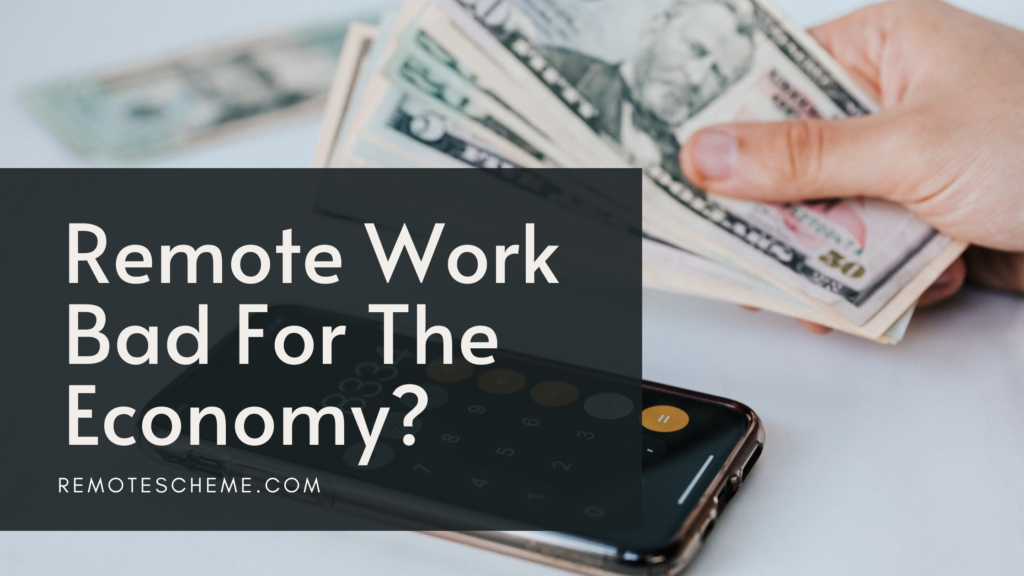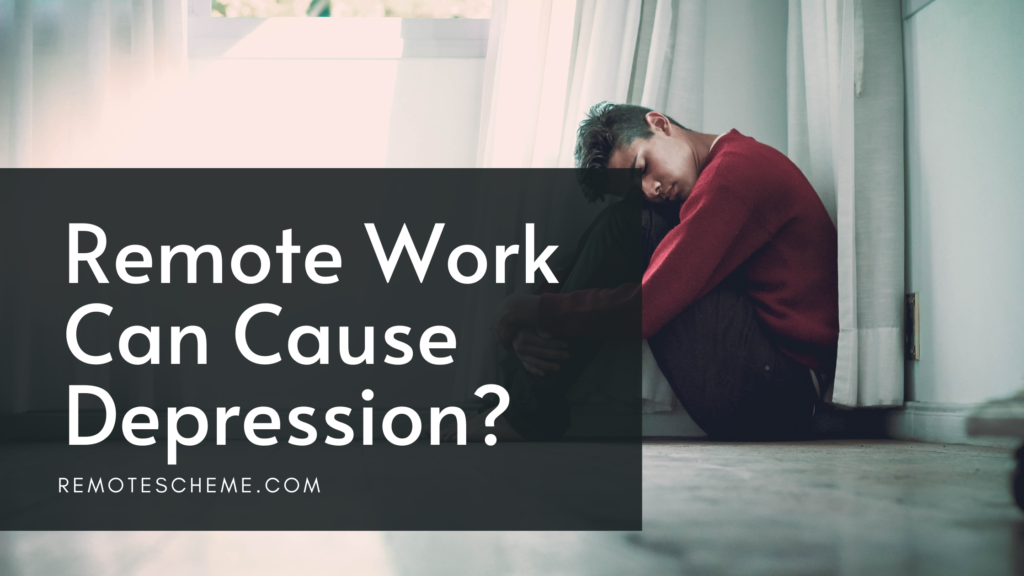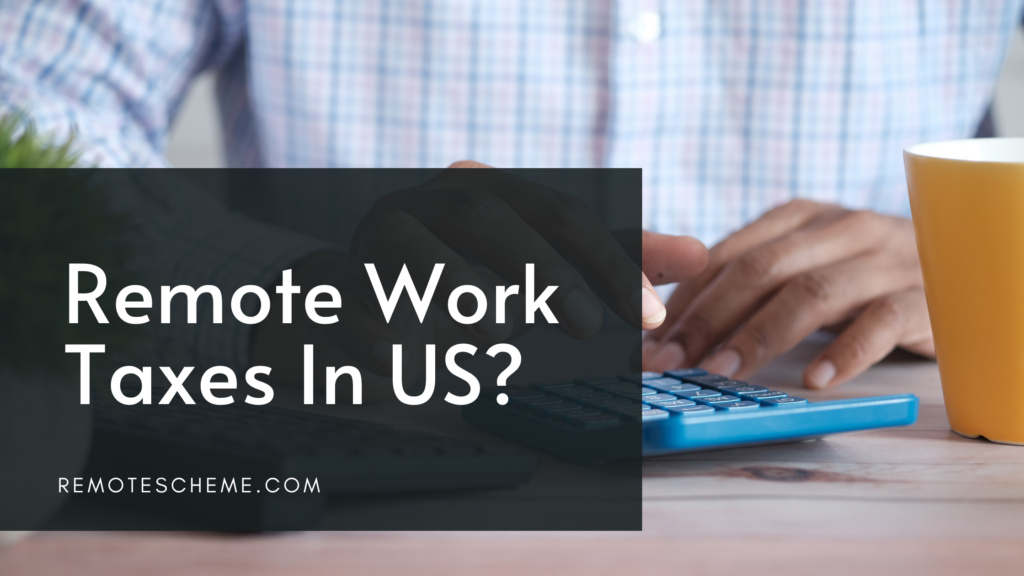Tracing what works and what doesn’t for economic prosperity is crucial. Remote work is quite a novel variable in this equation, which is why we all ask “Is remote work bad for the economy?”
When you’re talking about the economy, you have to make the distinction between the micro level and macro level.
Something that hurts the individual can benefit the entire economy and vice versa. The invisible hand that brings the market to equilibrium isn’t always the one that feeds the individual.
Let’s take a deeper look into how remote work affects the world economy.
Is Remote Work Bad For The Economy?
When we’re talking about the macroeconomic level, remote work is still quite questionable. Some argue that it benefits the economy and others argue it hurts it.
On the other hand, it revolutionized how individuals make money, so it’s good on the microeconomic level, but with caveats, which we’ll talk about later.
What Are The Advantages Of Remote Work For The Economy?
The benefits of remote work can be positive for individuals and companies alike. For corporations, the benefit is that there’s a decreasing need for office space.
Several companies switched to hybrid approaches, where workers don’t have to be at the office daily.
In other words, you’ll need less than up to half the space your office typically occupied. Therefore, the cost of rent is down significantly.
Additionally, the decrease in business travel is better for the environment. It’s also a bonus for employees as they don’t have to spend money on transportation or gas.
What Are The Disadvantages Of Remote Work For The Economy?
There are some downsides to remote work, however. Many businesses, like food courts, established themselves by catering to office workers. After the introduction of remote work, they may struggle to find customers and make money.
Another disadvantage of remote work, though not a direct one, is that locals are losing jobs to remote workers who live in countries with lower exchange rates.
The argument that hiring is based on skill comes to a halt when you consider two workers with the same skill set and experience. In that case, the remote worker will be cheaper to hire, and consequently, the locals lose their opportunity.
How Is Remote Work Predicted To Change The Dynamics Of The World Economy?
There are behaviors that remote work has started to shift and are likely to continue in that direction. One of those is that people are starting to demand larger living areas.
Not to mention, they’re also looking for home renovations to make their homes cozier and more personalized.
Since people are channeling their energy toward bigger houses and fewer expenses, and don’t have to commute to the office so often, there’s a huge shift toward suburban houses.
Also, fiscal finances have taken a hit after the pandemic. Experts expect it to persist with the shrinking office and commercial tax base, especially when coupled with the diminishing demand for public transportation.
The Summary
All in all, we can’t say for certain whether remote work is bad for the economy or not.
On the microeconomic level, individuals are shifting more towards remote work as it’s efficient and more comfortable.
On the macro level, residents of a certain country could be losing their jobs to remote outsides because of the lower rates.




